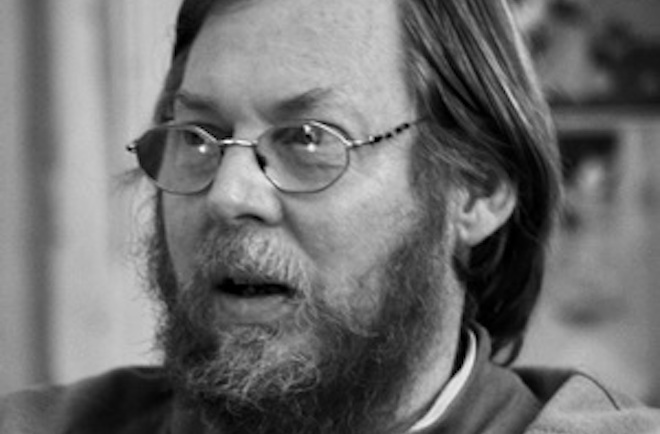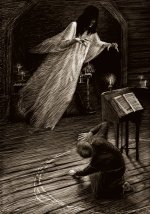Murakami H. The City and its Uncertain Walls
A very successful return to his roots, a novel which reminds a lot of Hard-Boiled Wonderland and the End of the world. As he explains in the epilogue, this was originally a short story he wrote in the early 80’s. He wasn’t satisfied the way it was written and decided to put it in a drawer, waiting to have enough skills to fully develop the idea. Much time passed and at the beginning of the pandemics he started to write it all over again.
By saying this, it’s obvious that there’s nothing new in The City and its Uncertain Walls (not that we expected at this point to have something transgressive in his literature). It’s the same Murakami with his recurrent themes, manias, phobias, characters and key elements. However, on the contrary to his latest novel of fantastical style Killing Commendatore, its structure and the placement of all its elements and characters is done in a more accomplished way.
This is a novel about solitude, the alienation of the individual who is behind the walls of a certain geographical (and mental) estate, walls that can protect and make you feel safer and at the same time cage you and turn you into a prisoner. Just like in Hard-Boiled Wonderland, it is situated in two different dimensions, one which is supposed to be “reality” and another which has a more oneiric consistency, a city which is surrounded by walls. However, we also see the walls in a metaphoric way in the real world and the issues and situations the main character faces. Duplicity plays a very important role in both universes and fluctuates from one to another.
Murakami is a master in creating multiple intriguing triggers within a single novel. Being a quite large novel (560 pp in the Spanish translation) it’s hard to maintain the storyline tension throughout the whole book; however, when you’re reaching a valley, he immediately knows how to uplift the interest of the reader and maintain the crest for some more pages.
Overall, I think it’s his best novel since 1Q84. Probably not a hard task since Colorless Tsukuru Tazaki and Killing Commendatore were mediocre at best, but I think this is a good comeback that Murakami readers will surely enjoy.


